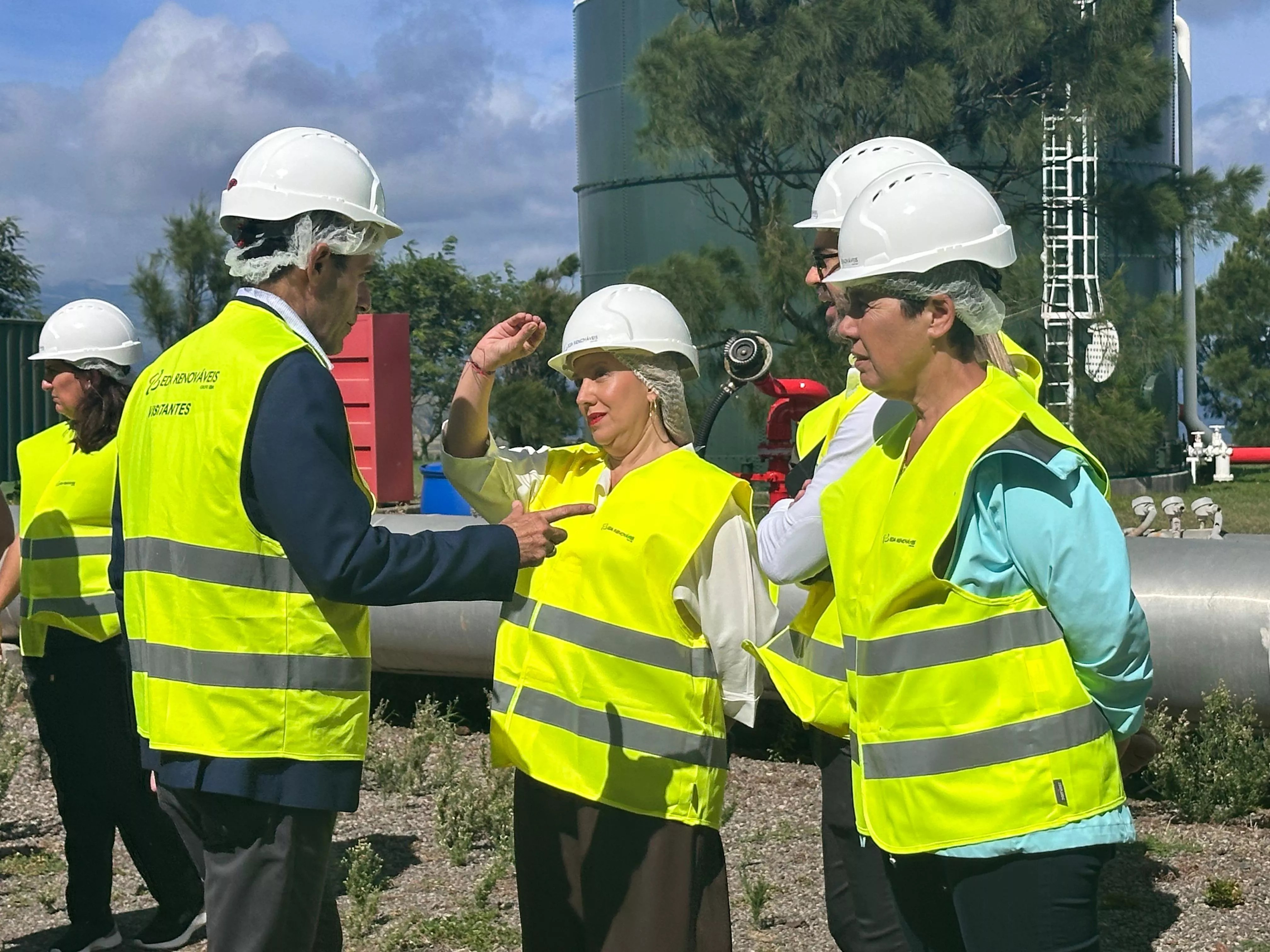The sport of darts is undergoing significant expansion in Spain; however, it still faces a substantial issue: the lack of a national federation, which hinders this activity from being officially recognised as a sport within the country. In contrast, the United Kingdom has elevated this pub game into a professional discipline that enjoys considerable social prestige. “It is only second to football. It’s a culture. They play it in pubs, and there is great admiration for the players,” explains David Marichal, a prominent figure on the national scene.
Born in Cho, Arona, Marichal’s introduction to the sport came through his family’s dartboard at their bar. He shares that, after playing casually, a friend invited him to join in 2017.
“Initially, it was just a way to pass the afternoons,” he recounts. However, this enthusiasm grew into something more. He joined the Magma team in Médano, and two years ago, he founded his own team, Rincón de Karina, with which he won the Spanish team championship in 2024 alongside Christ Fumero, Goyo Mesa, and Brandon Marrero, his club mates. Marichal also became the national runner-up in pairs with Fumero and secured a fifth place in the individual tournament, making him the highest-ranked Canarian in the event.
The dominant format is that of plastic-tipped darts, which is more prevalent in amateur and popular competitions. Yet, it is not without its complexities: “You need to understand mathematics, closures, and strategies.”
His career path is now set to take him to represent Spain at the World Cup in Las Vegas this April. He has also been selected for the Spanish team. “I never anticipated that darts would take me this far. We will be among the few Canarians in history who have competed,” he remarks. Ahead lies Lloret del Mar, one of the major tournaments in Europe, boasting over 4,000 entrants, some even coming from the United States.
This international leap isn’t a fluke. Marichal reveals that he trains professionally six days a week, dedicating three to four hours each day. “I approach it as a job.” His goal is to qualify for competition in Germany and gain entry to the PDC (Professional Darts Corporation), the foremost organisation in the world: “If you win there, you can sustain yourself through this for several years.”
4.8 Million Viewers
The disparity with the United Kingdom is stark. In January, the young Luke Littler, aged just 17, became a media sensation after triumphing in the PDC World Cup final. His accomplishment was followed by millions: in the UK alone, over 4.8 million viewers tuned in to watch the final. “I have a friend who plays there, and people ask for his autograph. Here, nobody knows him,” he laments.
“On the peninsula, the standard is much higher. Each month, there are two major tournaments attracting over 6,000 participants. In the Canary Islands, the largest event has no more than 50 players, and it’s always the same individuals.” Despite this, there has been a noticeable resurgence since the pandemic. “The quality and attendance are on the rise,” he notes.
One barrier to professionalisation is the absence of a federative structure. Currently, darts are fragmented among private organisations that conduct tournaments and manage licences.
Another ongoing issue is alcohol consumption. Players are allowed to drink during competitions. “You see a lot of drinking. It’s one of the few sports where this occurs,” Marichal points out. He admits that this association between darts and alcohol harms its image and hampers the ability to attract sponsors.
Marichal hopes that darts will no longer be perceived as merely a pastime in bars. “This is much more than just a game,” he asserts. His journey is the evidence.
















